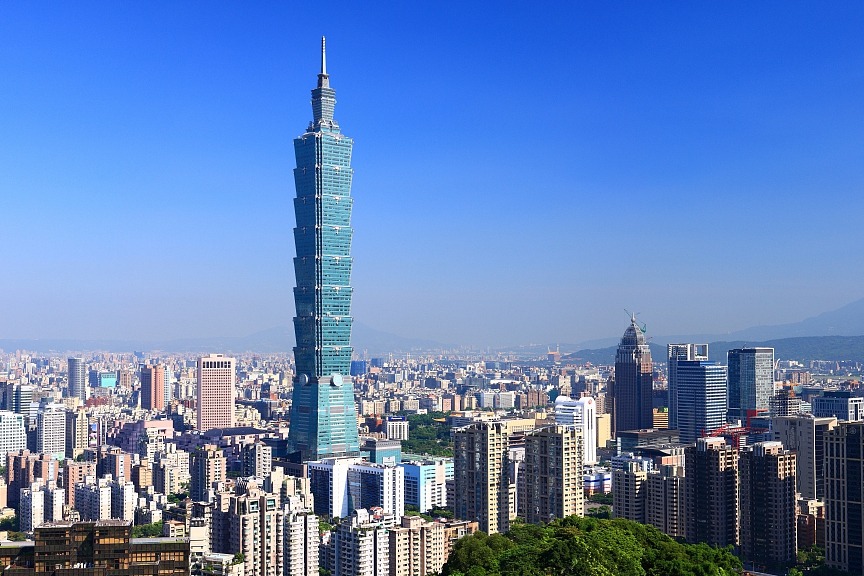Dialogue to bring civilizations closer

The real art of living signifies all people living peacefully
We hope the Conference on Dialogue of Asian Civilizations will help the world understand once and for all that Asian and Chinese civilizations are an integral part of world civilization, and that they have greatly influenced human progress.
Since it is not humanly possible to cover all aspects of civilizations in a weeklong dialogue, we should try to achieve the following:
Most relevant information should be selected from the more than 1,500 entries tracing the history of major world civilizations. While selecting the relevant facts, objectivity should be uppermost in the minds of the experts. And despite the limited period of the dialogue, we should try to present the background, progress and results of historical events, and the contributions and influences of the outstanding figures and their times.
A peaceful world can be built only through "competition for wisdom" based on ethics, not through competition for power.
The Confucian concept of "harmony without uniformity" highlights the "beauty of diversity", which is the reality of nature and thus humankind. And the real art of living is in people of all creeds, colors and cultures living peacefully together.
Surasit Thanadtang, director of Thai-Chinese Strategic Research Centre
Asian values based on concept of mutual benefit
Some people tend to believe universal values are a gift of the West. Indeed, some countries, despite their relatively short history, are in a privileged position to determine universal values. Which prompts us to ask: What actually are universal values? And why should any country have the right to determine the values applicable to the countries and peoples across the world?
Western values are based on a core concept of duality. If one side is white, the other must be black; if one side is right, the other must be wrong; if one is good, the other has to be bad; if one side wins, then the other must lose. This zero-sum mentality is evident in politics, economics, workplaces, virtually all aspects of life in Western society.
Asian values, on the other hand, are based on non-duality. Yin and yang in Chinese, and atman (self) and brahman (highest reality) in Sanskrit are the same concepts. There is no duality, but a prior unity that evolves into derivatives of multiplicity that are interconnected, multi-dimensional and always interactive and synergistic.
This comes down to a core difference in values. In Western thinking man can overtake nature. In Asian thinking man is only a small part of nature, a conduit between heaven and earth, not a force to try and alter the environment.
The success of the Asian economic models from China to Vietnam to Malaysia can be attributed to the fact that no ideology is applied to economics. It is about using the tools of market and planning in a practical way to get the job done. Likewise, Asian values have created a politics of consensus rather than a zero-sum game. Asian politics is all about consensus. No side wins or loses; all sides move forward together.
Laurence J. Brahm, founding director of Himalayan Consensus


































